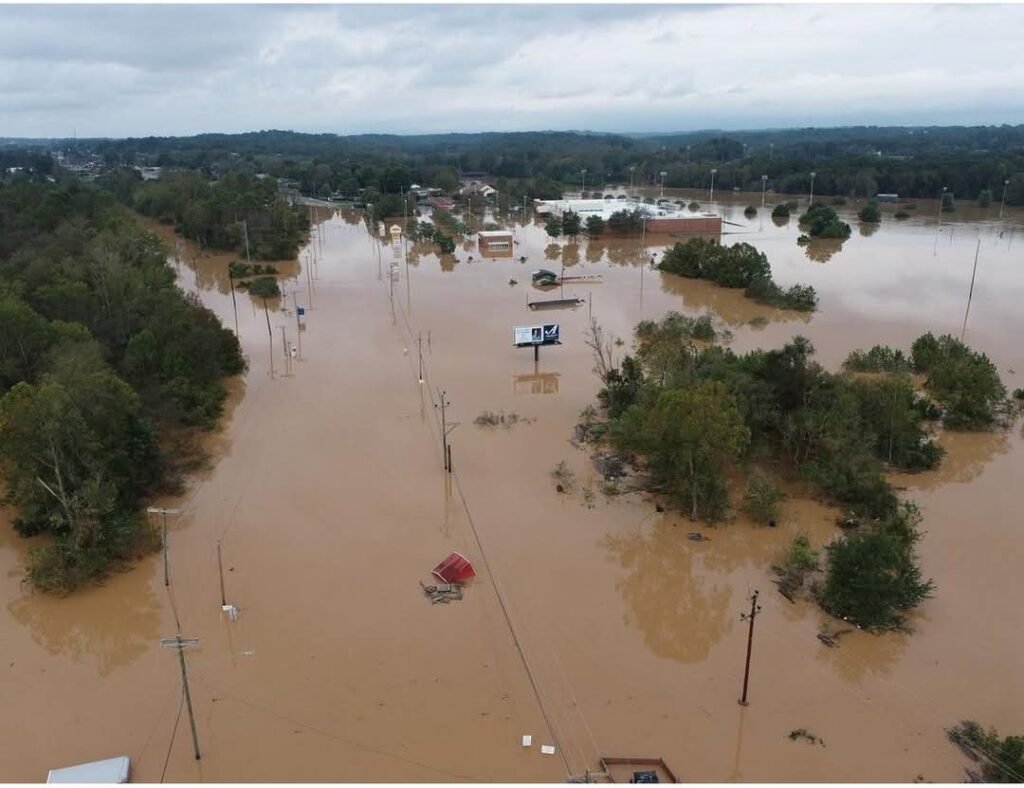In the wake of Hurricane Helene’s devastation in late September 2024, Western North Carolina communities are grappling with extensive recovery challenges. The storm resulted in over 200 fatalities across multiple states, with North Carolina particularly hard-hit, leaving more than 100 individuals unaccounted for and causing widespread infrastructure damage.
Amid these domestic struggles, President Joe Biden, during a recent visit to Angola, announced a $1 billion humanitarian aid package aimed at assisting 31 African countries affected by drought and conflict. This commitment has sparked controversy, as many North Carolinians question the prioritization of international aid over pressing local needs.
The federal response to Hurricane Helene has faced criticism for perceived delays and inefficiencies. Laura Hogshead, the chief operating officer for the North Carolina Office of Recovery and Resiliency, resigned following scrutiny over the management of hurricane recovery funds. Additionally, President Biden has requested nearly $100 billion in emergency disaster aid for areas affected by recent natural disasters, including Hurricanes Helene and Milton.
Despite these efforts, the juxtaposition of substantial international aid commitments with ongoing domestic recovery challenges has intensified debates about the allocation of resources. Critics argue that the federal government should prioritize the immediate needs of its citizens, especially those still reeling from natural disasters, before extending aid abroad.
This situation underscores the complex balance policymakers must maintain between addressing urgent domestic issues and fulfilling international humanitarian responsibilities. As Western North Carolina continues its arduous recovery, the discourse surrounding aid distribution remains a contentious topic among residents and officials alike.












